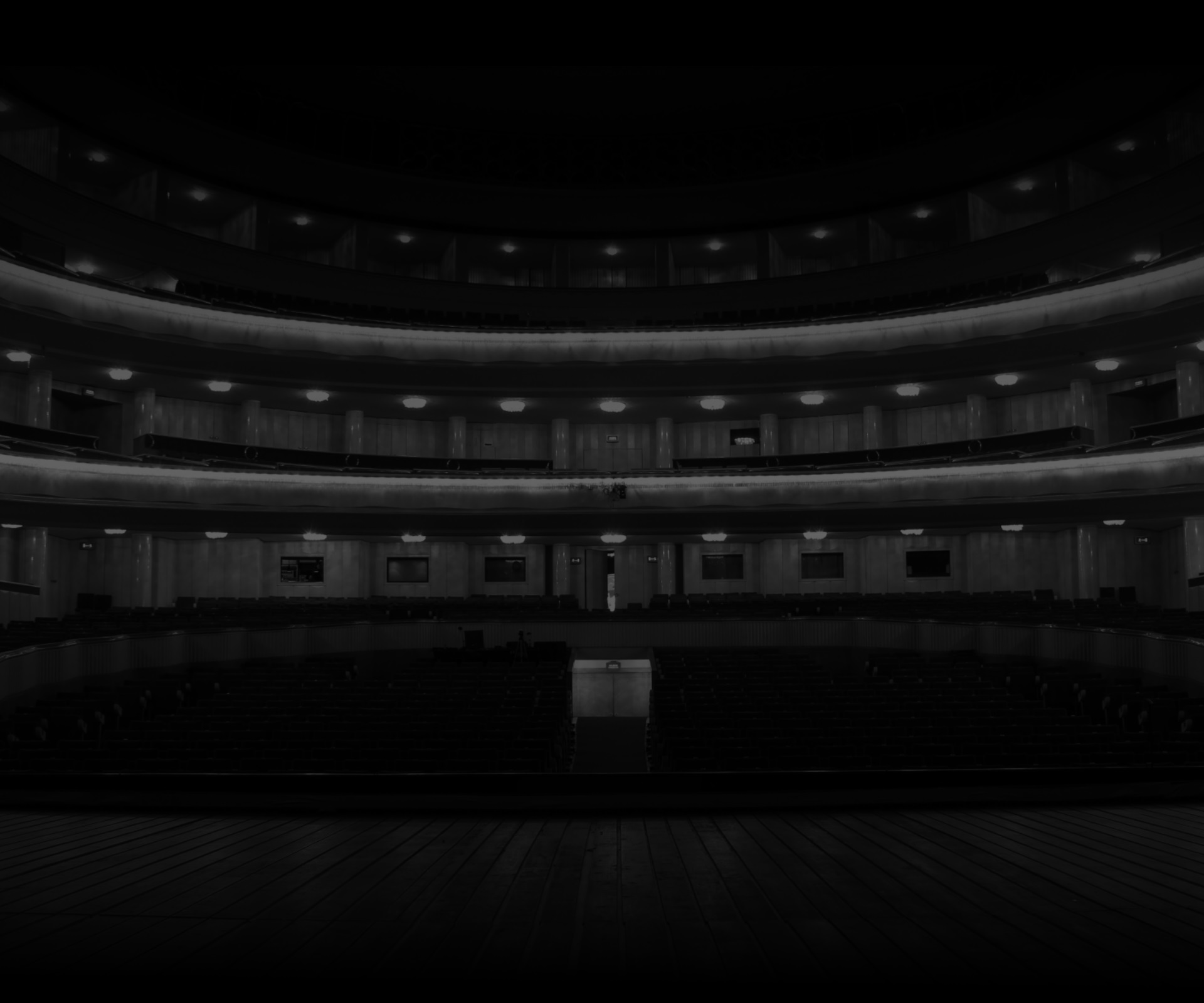
Johann Sebastian Bach (1685–1750) is the most prominent composer of the baroque era and one of the most important musical figures of all time.
He was born in Eisenach to a family with rich musical traditions as the youngest of eight siblings. His father taught his sons the art of playing musical instruments. Johann Sebastian studied the violin and the harpsichord. In 1694 the both of his parents died and Johann Sebastian was left in charge of his eldest brother, Johann Christoph, under whose supervision the future composer took up the study of the organ.
He made his first step into adulthood with the trip to Lüneburg, where he was enrolled in the St. Michael’s Church choir. It was there that Johann Sebastian studied choral composition and honed his skills as an organist. From Lüneburg he set out on journeys to Hamburg, among other places, to listen to the most prominent German organists of the time.
After his graduation in 1703, he was employed as a court musician in Weimar. A few months later he received an offer to become the chorus master and second organist in Arnstadt, which he accepted. However, his prolonged stay in Lübeck, where he went to study with the most renowned organist of the time, Dietrich Buxtehude, triggered opposition from his employees and led to his resignation.
In 1708 Bach returned to Wilhelm Ernest’s court in Weimar and was appointed the organist and clavichord player. His time in Weimar proved very prolific, yet in 1717 the composer, together with his family, left the ducal court losing to Georg Philipp Telemann the competition to become the court composer.
He found employment at Prince Leopold’s count in Köthen, where he was appointed the Kapellmeister. Despite good working conditions and the Prince’s favour that secured Bach's financial stability, the artist went on a search for a new post disheartened by the limited audience for his music in Köthen. In 1723 he moved to Leipzig to serve as the cantor and organist at the St. Thomas Church. There he spent the rest of his life, leading the church choir, working as the organist, teaching, and composing music.
Because of his profession, Bach left behind a great abundance of works. Among the most popular ones are the six Brandenburg Concertos, two Passions, Mass in B minor, hundreds of cantatas, and a plethora of pieces for the organ and keyboard instruments, including Das Wohltemperierte Clavier and Kunst der Fuge, a masterpiece of polyphony.





